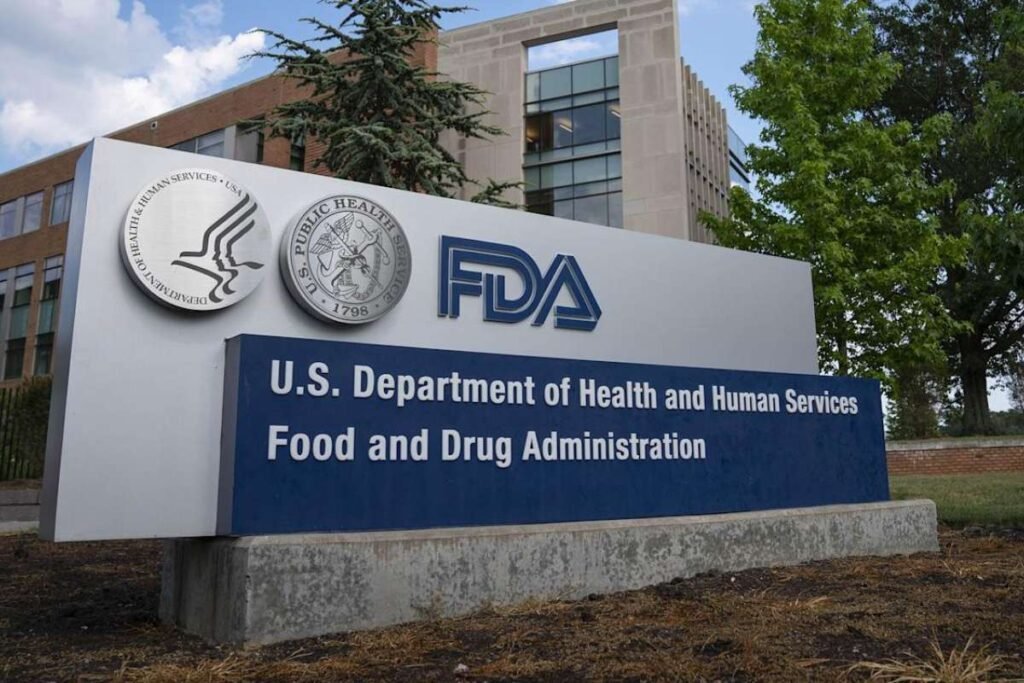In a significant regulatory setback, the U.S. Food and Drug Administration (FDA) has rejected Replimune Group Inc.’s Biologics License Application for its experimental therapy RP1 (vusolimogene oderparepvec) in combination with nivolumab for advanced melanoma drug. The FDA cited the company’s Phase 1/2 IGNYTE trial as “not adequate or well-controlled,” primarily due to concerns over inconsistent patient selection and trial design. Importantly, the agency raised no safety concerns.
The news sent Replimune’s stock into freefall, plunging nearly 75% in pre-market trading and closing at just over $3, down from a 52-week high of approximately $17. Major investment firms, including Wedbush, downgraded the stock and slashed their price targets, citing disappointment and surprise at the rejection despite previous constructive feedback from the FDA.
Replimune responded by expressing its commitment to working with regulators and confirmed plans to request a Type A meeting within 30 days. CEO Sushil Patel reiterated the company’s belief in RP1’s clinical value, even as it evaluates next steps for its broader pipeline.
A Broader Regulatory Shift Under Vinay Prasad
Experts believe this decision reflects a broader shift in the FDA’s standards, especially under the leadership of Dr. Vinay Prasad, recently appointed head of the Center for Biologics Evaluation and Research (CBER). Known for his emphasis on evidence-based approval, Prasad’s tenure is already marked by a stricter lens on accelerated approvals and single-arm studies.
According to STAT News, the FDA’s critique focused heavily on the IGNYTE trial’s lack of control and the variability in patient populations, which the agency argued made the data insufficient to confirm effectiveness. This move is particularly notable given that other therapies—such as Iovance’s recently approved Amtagvi—were greenlit with comparable single-arm response data, suggesting a rising bar for biotech approvals.
Replimune maintains that the design of its ongoing Phase 3 confirmatory trial, IGNYTE-3, had already been discussed and aligned with the FDA. However, the agency’s stance appears to have evolved, raising questions about regulatory predictability in the oncology space.
Public Health Reminder: Elevation and UV Radiation Exposure Risks
While industry debates continue, public health experts are drawing attention to the rising risks of skin cancer due to UV exposure—especially in high-altitude areas. A recent report by CBS News Colorado highlights how increased elevation intensifies UV radiation, elevating the risk of skin damage and long-term complications like melanoma drug.
Experts note that UV radiation intensity rises by approximately 4% with every 1,000 feet of elevation. For residents in states like Colorado, where the sun shines year-round at high altitudes, the risk is compounded. Dermatologists are urging individuals to adopt rigorous sun protection routines, including daily SPF use, wide-brimmed hats, and reduced exposure during peak UV radiation hours.
As therapies like RP1 face regulatory headwinds, prevention and early detection remain crucial pillars in the fight against skin cancer.
The FDA’s rejection of Replimune’s melanoma drug not only shakes investor confidence but also signals a more rigorous era of clinical scrutiny. As the biotech industry adapts to evolving regulatory expectations, parallel efforts in public awareness—especially regarding UV exposure—are essential in the broader battle against skin cancer.
Sources:
https://finance.yahoo.com/news/fda-rejects-replimune-skin-cancer-125946023.html
https://www.cbsnews.com/colorado/video/uv-rays-elevation-can-impact-risk-of-skin-cancer









